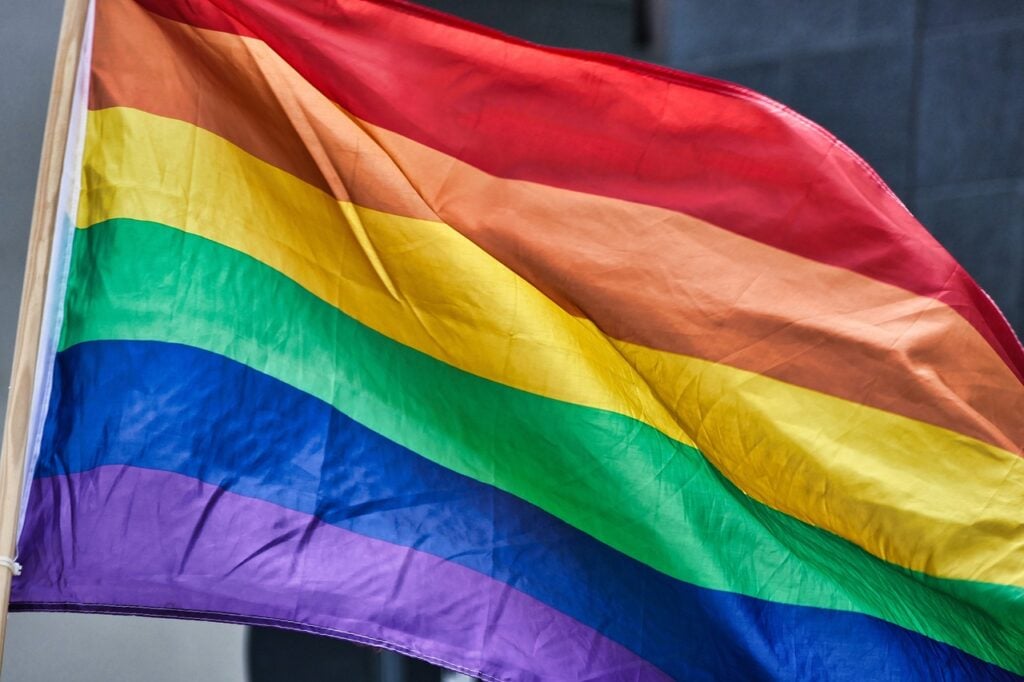The lack of a consistent Southeast Asian values system may explain the ongoing sexual prejudice toward lesbian women and gay men in the region
13 Jun 2024

Homonegativity or negative attitudes towards lesbian women and gay men still persist in Southeast Asian countries. Such attitudes not only possibly lead to discrimination and violence against lesbian women and gay men, but also hinder the adoption of laws and policies that will promote their socio- economic rights as individuals, couples and families. In this work, we explored possible reasons why homonegativity continue to persist in some countries in Southeast Asia, but not in others. To do this, we used nationally representative data from six countries in Southeast Asia: Indonesia, Malaysia, Myanmar, the Philippines, Thailand and Vietnam. Our findings indicate that endorsing equality, choice and agnosticism was associated with lower levels of homonegative attitudes while endorsing relativism and being older were associated with higher levels. Although we identified these factors to be consistent in predicting homonegativity in the region, our findings also suggest that there is no unified values system when it comes to sexual prejudice. This foregrounds the importance of developing contextually-sensitive interventions that consider the cultural differences in each country to address these negative attitudes effectively.
Rights of lesbian women and gay men in the region are limited. As of 2023, national policies that protect them from discrimination and violence or promote their socio-economic rights as individuals, couples and families remain mostly absent in all 11 countries in the region. Absence of such responsive policies towards lesbian women and gay men in the region may be attributed to weak public support for the enactment of these laws and generally negative attitudes towards lesbian women and gay men.
We also recognize the tendency (of some Western institutions) to homogenize (Southeast) Asian countries in terms of priorities and directions and assume the logic that a successful LGBTQI program in a neighboring Asian country will always make sense in the Philippines. At times, this leads to overburdened community organizations that are caught between international organizations who hold the purse and the local communities who see different strategies for local problems.
With this work, we hope to put emphasis on the need to localise our understanding and work on LGBTQI issues to better promote equality and justice for all.
Authors: Xavier Javines Bilon (School of Statistics, University of the Philippines Diliman) and Jose Antonio R. Clemente (Department of Psychology, University of the Philippines Diliman)
Read the full paper: https://doi.org/10.1080/19419899.2023.2296591
